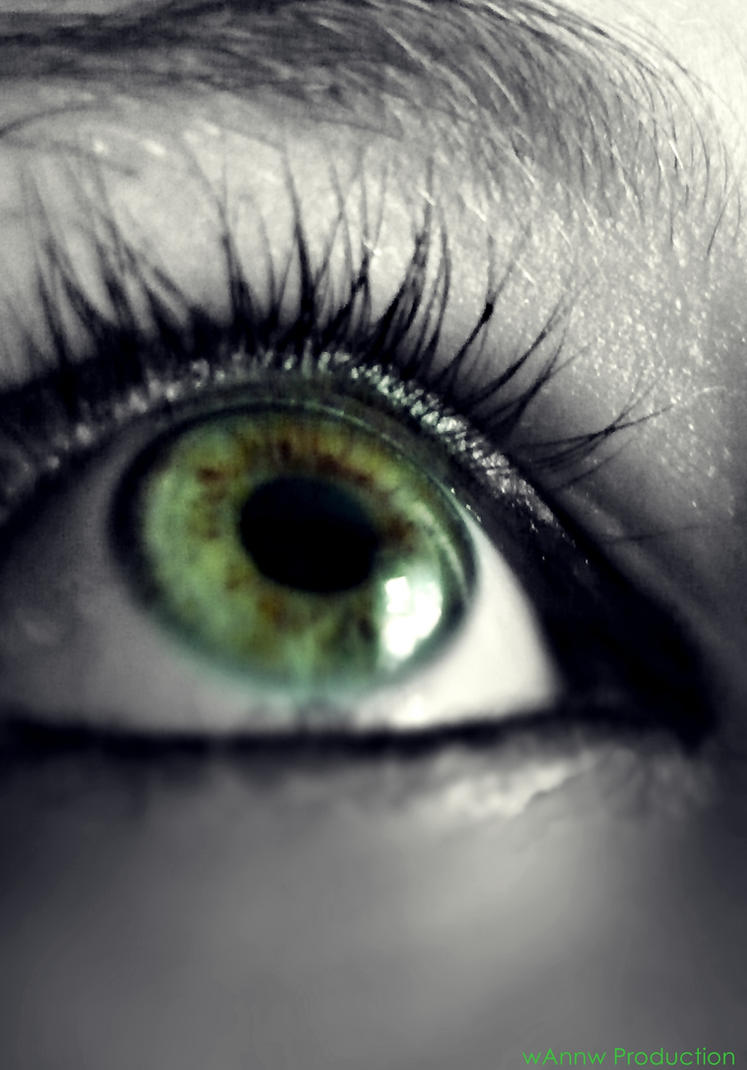In the previous article, we discussed the principle that the quality of a relationship depends on one’s ability to choose it, and choosing means you have to have the real capacity to destroy it. Only when your choice in the relationship can result in the relationship’s downfall – only then is your choice a real choice.
For example, in a healthy relationship, a parent is not going to leave his or her child unless the child comes at the parent with a chainsaw. However, when it comes to your spouse, the slightest comment or look can lead you two down a rocky path. It is due the inherent delicacy of the Spouse relationship that it is more refined and of a higher quality and caliber.
According to Judaism, this principle is outlining for us the necessity for Free Will.
In order to access, build, and attain that higher Spouse-like relationship with the Infinite Being, you have to have the real opportunity, and sometimes even the desire, to destroy it, in order that when you make the choice towards the relationship, that choice is a real, “independent” choice.
This is so essential to what we are doing in this world that we actually find these two relationship types reflected right at the beginning of the Torah:
What does Adam do to deserve to be put into the Garden of Eden?
Nothing.
That is God as a Parent. God, as a Parent, wants humanity to have it all, so he puts humanity (i.e., Adam) into the Garden of Eden – paradise. God is saying, “You’re my kid – I want you to have it all. But,” God says, “when it comes to that higher level of relationship with Me – when it comes to that Spouse-like relationship with Me – then you have to choose: this Tree, not that Tree.”
This is what is meant by the relationship principle we outlined above: the quality of a relationship depends on one’s ability to choose it, and choosing it means you have to have the ability to destroy it.
Therefore, in order that we gain access to that “higher,” more refined, Spouse-like relationship with God, we are given the capacity to choose against and destroy that Spouse-like relationship with God. This is because it is only when our choices have real effects and consequences that the choices we make are real choices. And it is only then that a higher quality of relationship can be accessed and experienced.
From this we see that, although we do have the Parent-Child relationship with God, it is the Spouse-like relationship that is ideal. In fact, we could say that the Parent-Child relationship is the fall-back position when compared with the Spouse-like relationship. That is, it is only upon using our Free Will capacity to choose against our relationship with God, resulting in the destruction of the more delicate and refined Spouse-like connection, that we turn to the more stable but less elevated Parent-Child paradigm.
Living out the Relationship
At this point some may ask how we can suggest that the level of one’s relationship with God fluctuates. After all, are we not inherently one with God independent of our actions?
To this, we answer that indeed we are inherently one with God, and what is meant by the level of our relationship with God elevating or deteriorating is the extent to which that inherent oneness is being expressed and manifest.
For example, imagine a couple gets married, and immediately after the wedding, for whatever reason, one of them heads to India and the other heads to France.
Are they still married? Of course.
Now, what if they stay in their respective locations for the next seventy years? Are they still married?
Again, we would say that, in fact, they are still married. Since the Jewish definition of marriage is the coming together of two souls into one and nothing has occurred to separate these to souls (such as divorce), their inherent oneness is still intact.
But how much are they experiencing their inherent oneness? How much have they lived that oneness out?
Certainly not that much.
Whether or not two individuals are a married couple is a matter of inherent soul essence, independent of their proximity to one another and their interaction. However, the level by which they experience themselves as a married couple is a completely different story, totally dependent on the extent to which they choose toward each other and toward their relationship.
The same can be said of our relationship with the Infinite.
Of course we are always inherently one with God. But it is the choices we make that determine the extent to which we express and live out that inherent oneness.
Rabbi Eliyahu Yaakov is a sought after cutting edge international speaker on Kabbalah, relationships, parenting, and life. His recently released #1 Amazon’s Best Seller, Jewish By Choice: A Kabbalistic Take on Life & Judaism, has won wide acclaim as one of the clearest, most comprehensive, easily accessible, and practical depictions of Kabbalah and the “whys” of Judaism.


